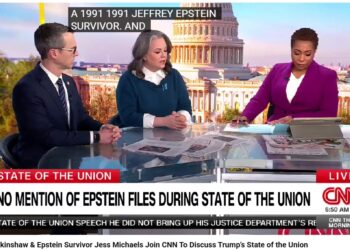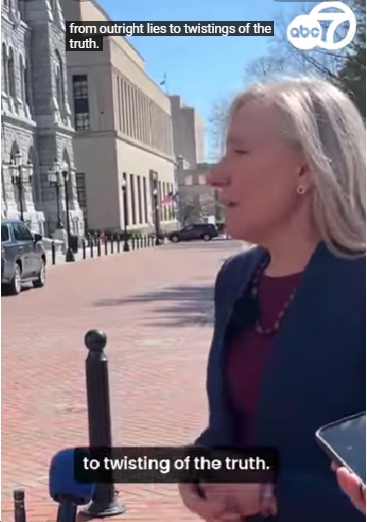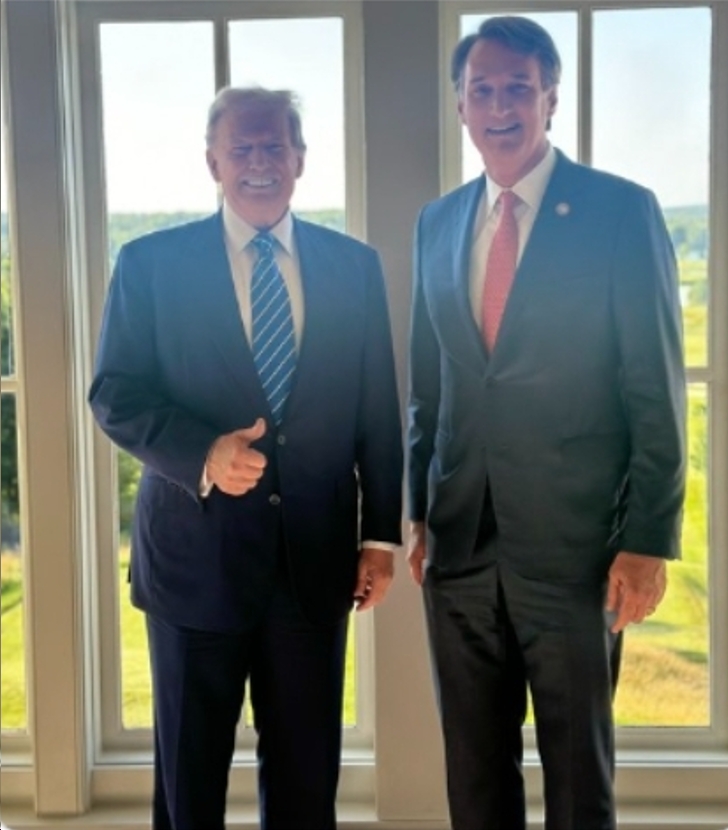This is my weekly op/ed to run in my very red congressional district (VA-06).
*************************
Republicans might usefully ask themselves: “With whom – outside of the Republican camp – does our Party have a good relationship?”
Not with blacks, as the long-time Republican dog-whistles (since Nixon’s “Southern Strategy”) have given way to the clearly audible signals from Trump – signals heard well by former KKK Grand Wizard David Duke and his ilk. The White Supremacists have recognized with gratitude that Trump has released that old deep cultural current of racial enmity from the cage in which, after centuries, it had at last been placed.
Nor with Hispanics, who have been characterized as “rapists” and vicious gang members, and who have watched Republican policies deliberately tear Hispanic children from their parents.
Nor Muslims, whose proposed exclusion was a big applause line in Republican campaigns.
Nor with our long-time European friends and allies, who just in recent weeks have become open about their unhappiness and anger at the combination of insults and bullying and abandonment they’ve experienced lately from the Republican leader of the nation that used to be “the leader of the free world.”
And, for sure, not with American liberals and Democrats, whom Republicans have been treating like enemies since the early 90s.
The enmity across America’s political divide has not been a two-way street—until fairly recently. I am in a position to testify to this because I’ve been in continuous engagement with both conservatives and liberals for more than a quarter century, and I can say: the hostility of Republicans toward Democrats was quite evident for more than a decade before Democrats started returning that feeling.
On the right, the likes of Rush Limbaugh, Newt Gingrich, and Karl Rove toiled for years to lead their followers into ever more intense contempt and hostility toward Liberals. They taught that conservatives should not regard liberals as their decent fellow citizens with whom to work for the common good.
(Even in Shenandoah County, where I live, Democrats have experienced Republicans’ treating them with the attitude of, “We’re at war with you.” When Democrats have publicized plans for rallies – in downtown Woodstock – Republicans have arrived early to stand in the way of the Democrats’ effort to communicate with the public. Their political culture makes them feel free to express such enmity, rather than to respect the Democrats’ right to have their public say in our democratic process.)
In recent years, liberals have begun to recognize how much pleasure many people on the right derive from anything that makes liberals unhappy.
(One flagrant example is the “Coal Rollers” of a few years ago—the men who would go out of their way to fix up their pick-ups so that they’d belch lots and lots of black smoke. Worth doing for how unhappy it makes those environmentalist liberals. And then there’s this from Ann Coulter in one of her books: “You must outrage the enemy. If the liberal you’re arguing with doesn’t become speechless with sputtering, impotent rage, you’re not doing it right.” I know of no liberal who would speak that way about conservatives, or would command any audience if they did.)
Enmity toward various groups of people outside of their own “kind” seems the common denominator of Republican approaches to issues across the board.
Is this “spirit of enmity” a solution to the mystery I’ve been struggling with for some time? The mystery, namely, of how the people in the Republican base can look at the conduct of this President of the United States – despite his displaying so many of the vices our culture has taught us to abhor — and like what they see.
This idea came to me when I heard an astute political observer talking about why Trump’s base supports him on the wall. It’s not because they believe the wall is necessary, he said. Nor does it matter whether it will work. He proposed that it wasn’t about such practicalities at all. Rather, they like Trump’s dramatizing “The Wall” as a symbolic expression of their hostility to the people – people different from themselves – on the other side of the border.
The most fundamental moral issue in the human world might be stated “Love or Conflict.”
That seems to be Jesus’s message, when he says “Love they neighbor.” (Even if someone is your enemy, he says, him too you should love.) Rabbi Hillel says much the same: “That which is hateful to you, do not do to another.” So also with Buddha: “Radiate boundless love towards the entire world — …unhindered, without ill will, without enmity.”
So being possessed by a spirit of enmity is no small thing.
We began here with the question, “With whom – outside of the Republican camp – does your Party have a good relationship?”
If you are supporting a political force that is at odds with everybody else, doesn’t that suggest that in the choice of Love or Conflict, you’re making the wrong choices?


















